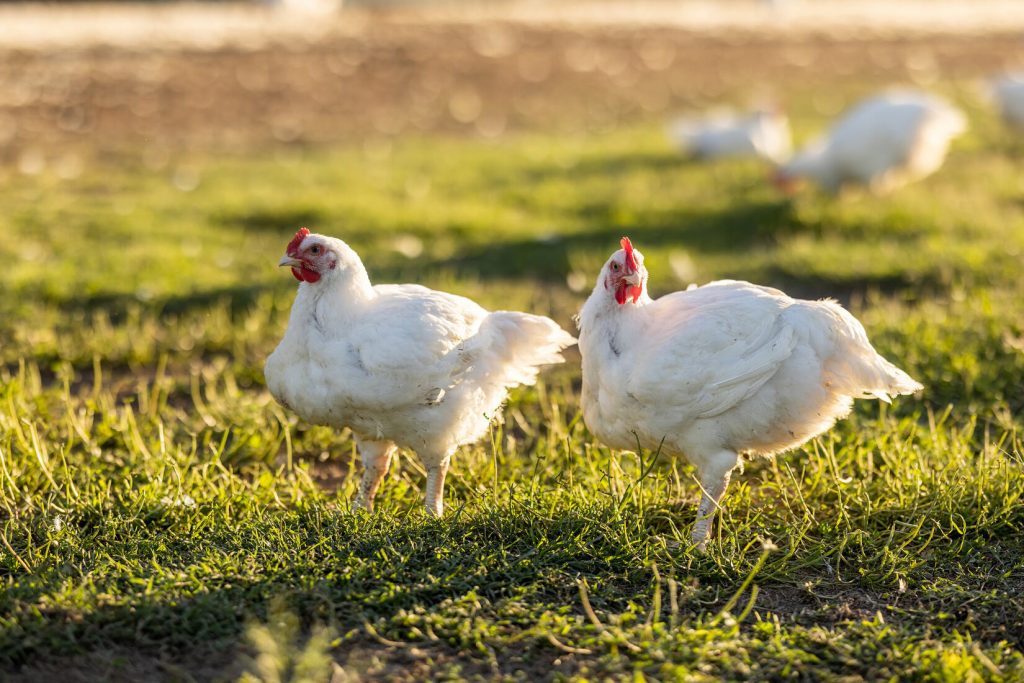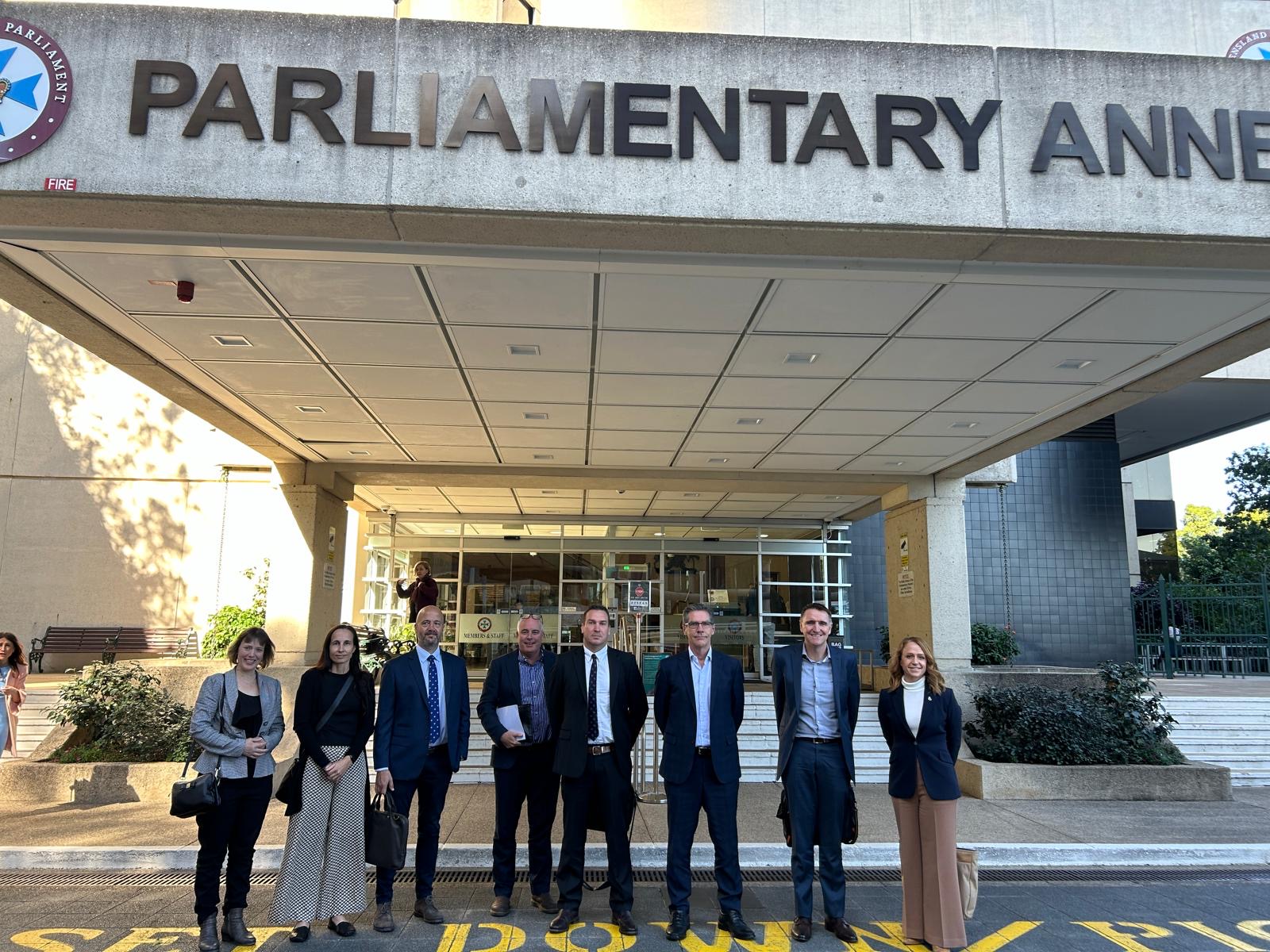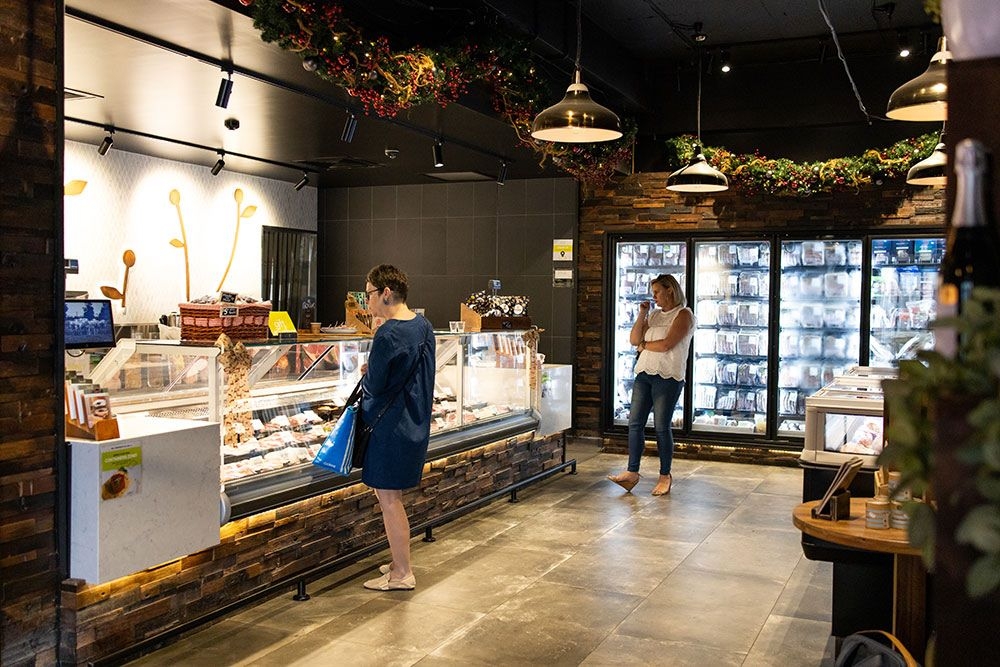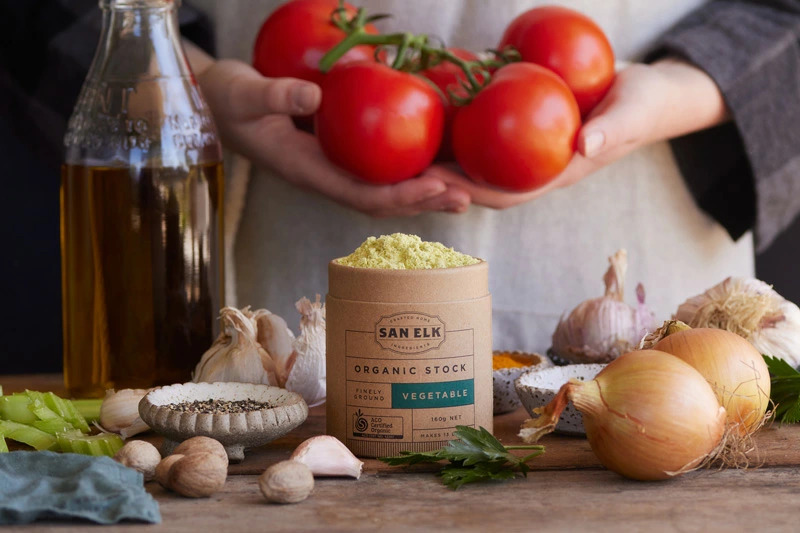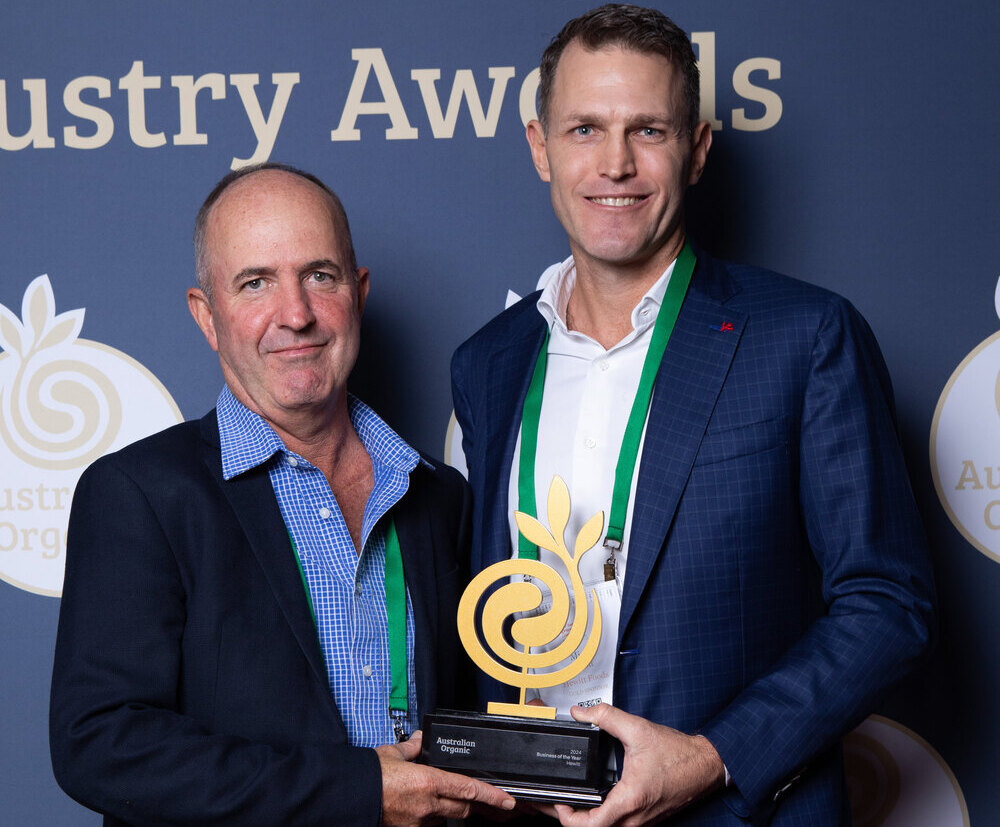The variability in poultry stocking densities allowed to be claimed as ‘free-range’ is being thrown into the spotlight during the 2023 Australian Organic Awareness Month.
Under organic certification, no more than 1,500 egg-laying birds are permitted per hectare for set stocking, while non-organic free-range products can have up to 10,000 birds per hectare.
Australian Organic Limited Technical and Research Manager, Josefine Pettersson, said free-range animals generally must have some access to outdoor areas during the day, but what that looks like varies greatly depending on different standards.
“Certified organic standards specify stricter rules and regulations for ‘free-range’ livestock,” Ms Pettersson said.
“Certified organic eggs come from chickens that are free to roam outdoors for a minimum of eight hours per day, meaning they can forage, peck and run around like they would in their natural habitat.
“The pastureland must also be free from synthetic, toxic pesticides and GM crops. This production is reflected in the eggs you buy.
“Although we like to think that free range animals are free to roam in green, lush pastures all day every day, that’s not always the case. How much time they spend outdoors, how often they get access to outdoor areas, and the size of those areas can differ greatly under different standards.”
‘Free-range’ can also mean different things when it comes to birds used for meat, with up to 140,000 birds per hectare allowed for non-organic, free-range meat, compared to a maximum of 2,800 birds under organic certification.
Australia’s leading producer of certified organic free-range chicken, Inglewood Farms, allows its birds to free range in certified organic pasture and consume feed that is grown without adding chemical fertilisers, herbicides and pesticides.
“We do not use ‘quick fix’ solutions,” Inglewood Managing Director, Katrina Hobbs, said.
“We only practise organic and free-range farming, taking into consideration the way our food is grown and handled throughout the whole farming system.
“Certified organic means environmentally sound farming methods which are best for the animals and ensure we have a sustainable landscape for the future.”
Rugby league legend, Anthony Minichiello, who grew up on a family farm in Prestons outside of Liverpool, NSW, has come onboard as AOAM Ambassador for 2023.
“Certified organic is not just healthier for you, it’s better for the chooks – something close to my heart,” Mr Minichiello said.
“We had our own cows, chickens, eggs, fruit trees, veggie patches – it was a very healthy and active upbringing. Mum was a damn good cook too, so she used to make us really nutritious meals with whole foods and fresh produce.
“Certified organic is about back to basics – pure farming free of harmful inputs that gives you the most nutrient-dense produce. I’m excited to be getting involved with Australian Organic Awareness Month because I have a very personal connection to it.”
Hear more from Australian Organic Awareness Month 2023 Ambassador, Anthony Minichiello, here.
Australian Organic Awareness Month is run by Australian Organic Limited in September each year, promoting the certified organic industry across all categories including fresh produce, packaged food and beverages, cosmetics and skincare, home and garden products and textiles.
To learn more about Australian Organic Awareness Month, visit the website. Read more about free-range standards for different animals under organic certification here.
Media enquiries:
Matt Wordsworth
matt.wordsworth@bluehillpr.com.au
0404 029 241
Tim Vetter
tim.vetter@bluehillpr.com.au
0439 681 793
